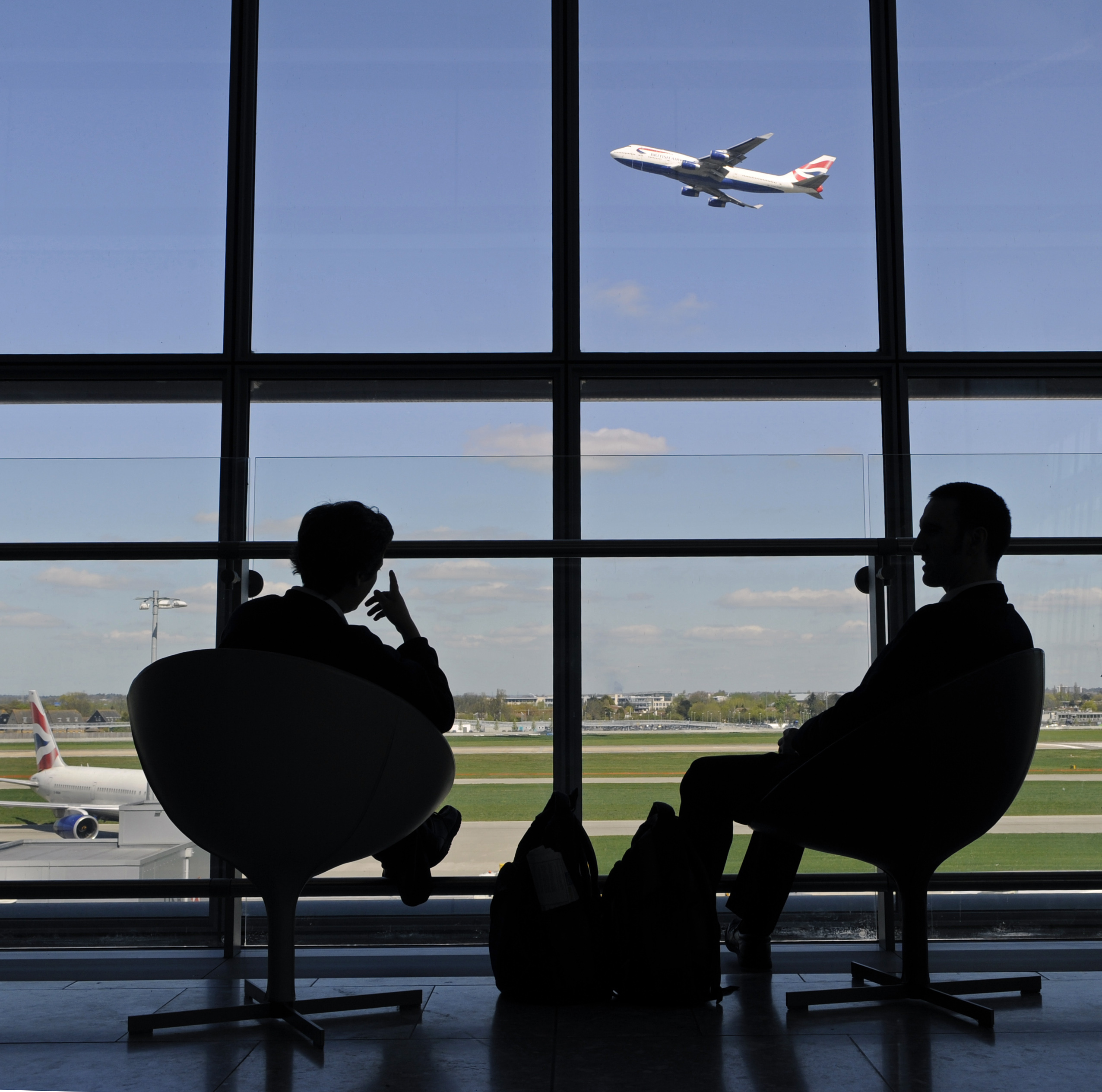Is It Really Cheaper to Book a Flight on Tuesdays? And Other Travel Myths, Debunked – WSJ
3 min read
Booking a vacation with a budget in mind means you’ll try anything to get the best price. Here, the trip-planning myths to disregard:
Myth: Tuesday is the best day to book the cheapest airfare.
Once grounded in reality, this shibboleth dates back to when plane reservations relied on manual intervention. “Airline managers would check on a Monday to see how routes had performed the previous week,” said Hayley Berg, lead economist at fare-tracking travel site Hopper . In lagging markets, they would “load” cheap fares into the system, to show up on Tuesday morning. Fliers noticed.
Sadly, said Berg, “it’s no longer the case.” Now, airline pricing relies on complex algorithms to rapidly adjust fares to demand. You can sign up for a price-monitoring service like Hopper or Google Flights to watch trends, but don’t miss the window for affordable fares. “Most people wait too late to buy airline tickets,” said Berg. For international travel, book three to five months ahead; book six to eight weeks ahead for domestic travel.
Myth: Shoulder season is cheaper than traveling in high season.
Shifting travel patterns see more tourists visiting popular summer spots in fall or spring, sending prices up. In Europe, new throngs are not just arriving in September or October—some people are going in January and February too. While those travelers might score cheaper air tickets, hotel rates remain stubbornly high year-round in many places, said Berg. And in the Caribbean, more people are bucking tradition and going in the summer, though decent deals can be found.
Myth: Booking via a travel agent costs more than DIY planning.
Good advisers have “their own ties with hotels and tour companies around the world,” yielding deals and discounts not available to the general public, said Diana Hechler, president of D. Tours Travel in Larchmont, N.Y. You might pay a fee to use an agent, but you can save cash as well as time.
This is especially true for trips that are more complicated than a point-to-point jaunt to a beach resort. Travel agencies that are members in consortia with collective buying power—like Virtuoso , Travel Leaders or Ensemble —can access preferential pricing and pass along savings. Plus, if something goes wrong, an agent can advocate for you to get the compensation you deserve.
Myth: No need for trip insurance if you have credit-card coverage.
While premium credit cards might include trip protection, “the benefits are less robust compared with the kind sold through traditional insurers,” said Stan Sandberg, co-founder of TravelInsurance.com, which compares travel insurance plans.
Note: Credit-card travel insurance typically only applies if you use that card to purchase the entire trip and it might not cover medical care while abroad. One option: Supplement your basic credit-card insurance with a medical-only travel plan.
Myth: With Covid-era restrictions over, you don’t have to worry about booking ahead.
During the pandemic, cultural attractions and museums increasingly relied on timed tickets as a social distancing strategy and some protocols remain today as a crowd-control mechanism. Museums and tourist attractions still require advance ticketing and can sell out—an unwelcome surprise and costly mistake, if you don’t book ahead and end up having to shell out for a private tour of the Louvre.



